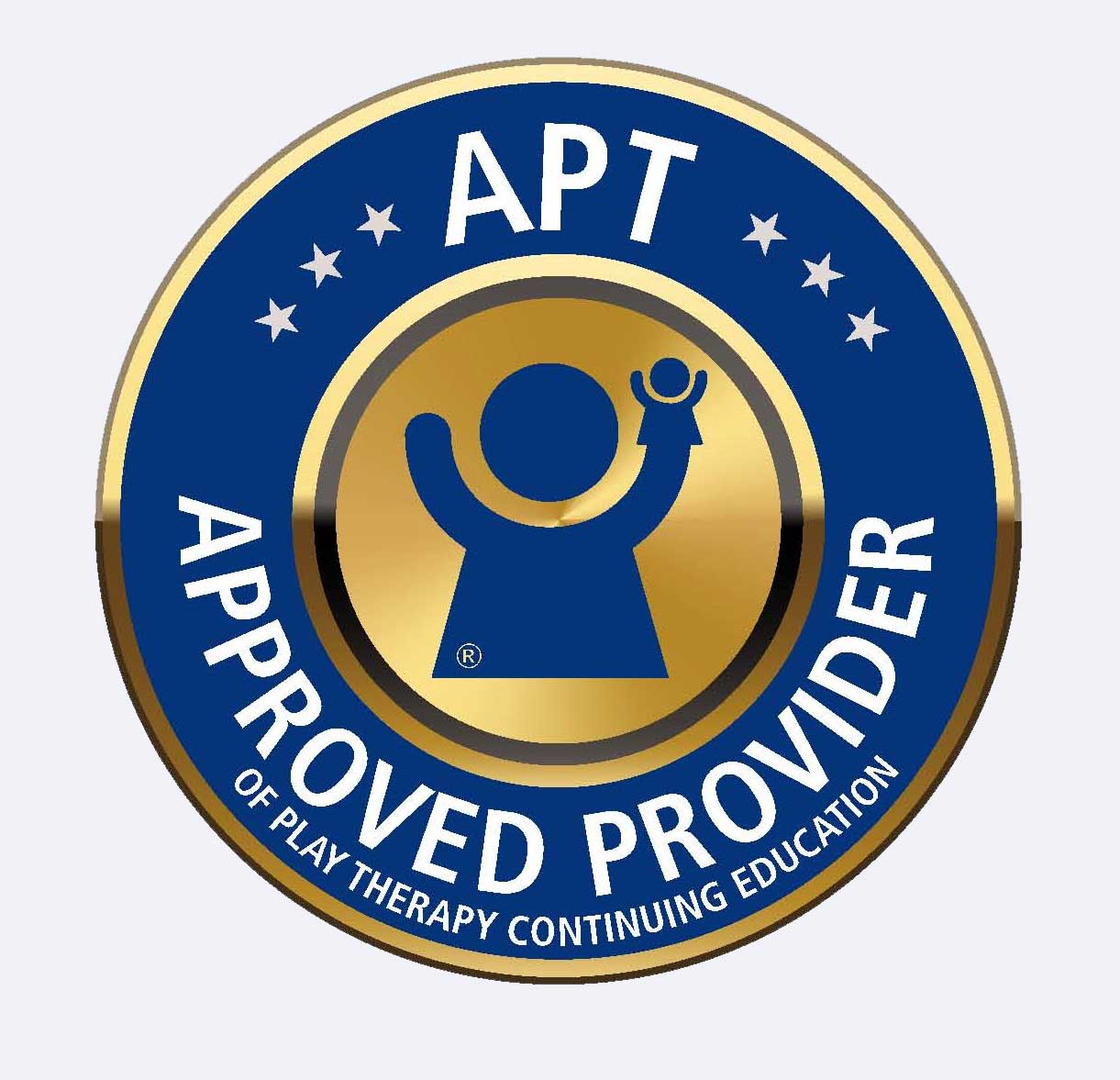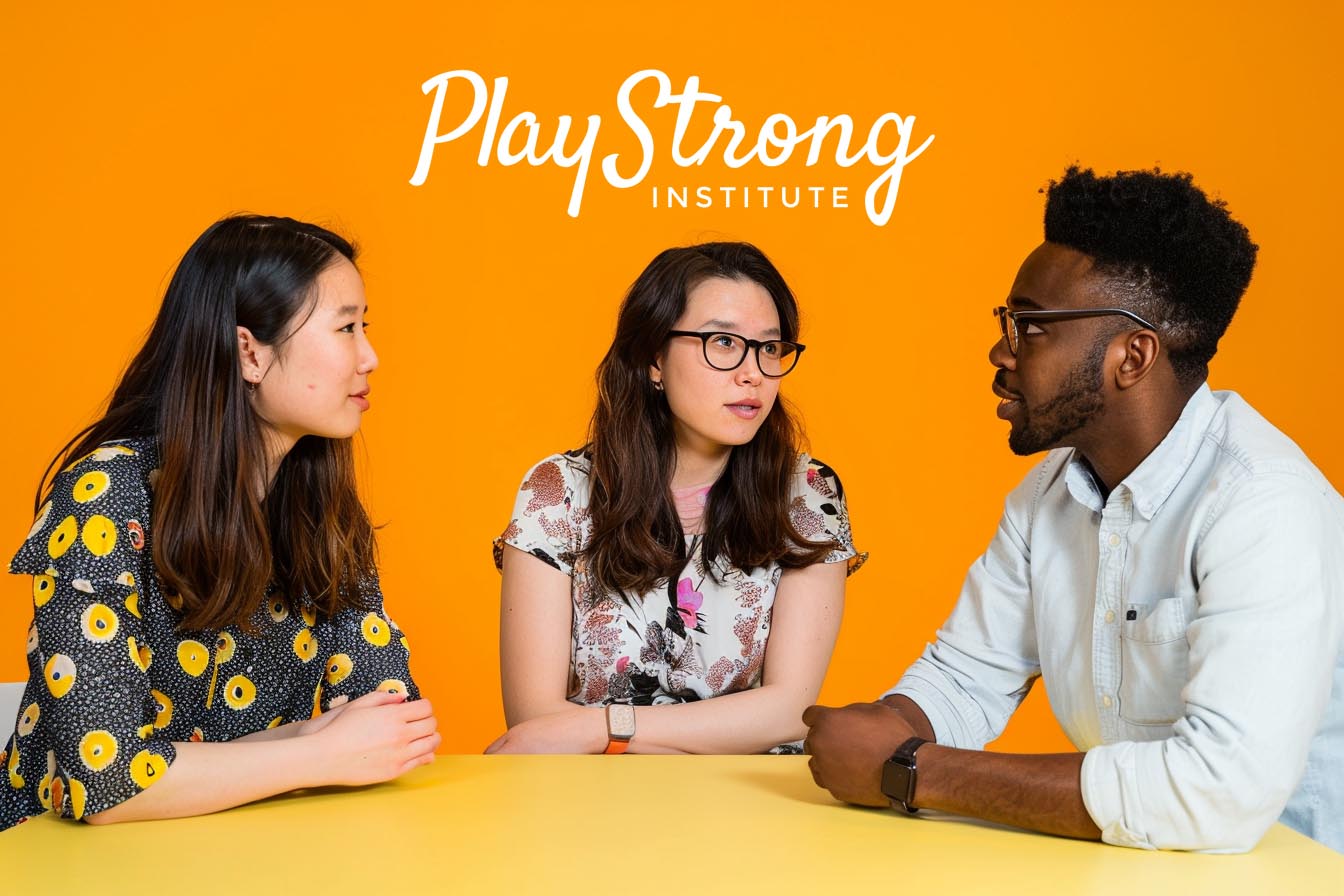Certificate in Neurodiversity Affirming Practice with Children
When you view this one-of-a-kind, recorded program, you'll have the opportunity to learn from an interdisciplinary team from The Center for Connection, and see how our unique interpersonal neurobiology approach really works. Following a welcoming keynote by Dr. Tina Payne Bryson, our renowned professionals will guide you through neurodiversity-affirming interventions that leverage the neuro-relational benefits of play, attachment and parenting, somatic and trauma models, sensory integration, and the neuroception of safety. From early intervention to adolescence, you'll take away dozens of transformational play-based interventions to support your clients across their ages and developmental stages. Best of all, this incredible learning will culminate in a panel discussion simulating a real case conference, so you can see our team planning and formulating interdisciplinary treatment in real-time as a model for your own practice.
The Center for Connection's integrative, collaborative network of professionals represents a unique model of providing highly creative and playful, interdisciplinary, and neuro-affirming mental health treatment to children, teens, and families that has garnered international attention from groups trying to replicate our cutting-edge approach. Influenced by the lens of Interpersonal Neurobiology, a term coined by Daniel J. Siegel, MD, attachment research and developmental theories, we believe that a child's brain, mind, and relationships interact to shape who the child is. NY Times bestselling author Dr. Tina Payne Bryson, PhD, founded The Center for Connection with IPNB in mind. Her books (co-authored with Dan Siegel), including The Whole-Brain Child, No Drama Discipline, The Yes Brain, and the Power of Showing Up, have sold nearly 3 million copies worldwide.
Current clinical models make communication among professionals difficult or nearly impossible, despite the obvious advantages of having specialists from different disciplines working together. That's why the CFC's connection-based model provides more comprehensive services, with expert professionals meeting weekly together ranging from psychotherapy and play therapy, parent education, neuropsychological assessments, educational therapy, occupational therapy, speech and language therapy, and more.
Course Overview
Here's a peek at some of the goals of our cutting-edge interventions and approaches. After participating in this program, you'll have a wider lens and more practical approaches to help your clients:
- Increase physiological and emotional regulation: Prevent the duration, frequency, and intensity of meltdowns, emotional outbursts, and dysregulation
- Develop deeper awareness, genuineness, and confidence in their social relationships
- Build a foundation of safety and trust, increasing a neuroception of safety through play and co-regulation
- Understand the uniqueness of each child's mind, brain, and relationships
- Build on their strengths through neuro-affirming approaches
- Enjoy parent and family relationships that are full of wonder and meaning
- Successfully engage in school and learning through the early years, elementary school, middle school, high school, and beyond
- And so much more!
Study With Us
We invite professionals across all practices and disciplines to join us, including, but not limited to: Play Therapists, Licensed and Pre-Licensed Mental Health Professionals, Counselors, Psychologists, Social Workers, Occupational Therapists, Speech and Language Therapists, Educational Therapists and Learning Specialists, Educators, School Counselors, Medical Professionals, Development Specialists, Students and Interns.
Prerequisites
This is an introductory to intermediate level course with no required prerequisite study. The goal of this certificate program is to provide participants with knowledge and practical skills in neuroaffirming care and therapeutic play techniques for supporting and working with children who may have social, emotional, developmental and behavioral differences and challenges using a relationship-based, neuroscience-informed approach.
Objectives
Over the course of this training, you'll gain insights for your clinical practice and practical application that will help you:
- Utilize at least 5 innovative play therapy strategies to increase engagement and build neuro-affirming relationships toward optimal functioning and mental health.
- Outline 3 best practices of being a neurodiversity affirming clinician or play therapist.
- Identify at least 4 highly effective skills of collaborative team approaches supporting neurodiverse youth, spanning mental health, play therapy, neuropsychological assessment, OT, SLP, and ET.
- Discuss 2 advantages of interdisciplinary mental health practice and play therapy in working with neurodivergent youth with complex treatment needs.
- Expand on 3 key strategies of active collaboration within interdisciplinary treatment teams (including mental health, play therapy, neuropsychological assessment, OT, SLP, and ET).
- Describe at least 3 proven methods to increase caregiver engagement in play-based, neuro-informed therapy processes to help neurodivergent clients grow and heal in their mental health goals.
- Utilize at least 2 play-based techniques and insight informed by the occupational therapy perspective helpful to mental health and play therapy clients with sensory processing and physiological regulation needs.
- Demonstrate at least 2 play-based techniques and insight informed by the speech and language therapy perspective helpful to mental health and play therapy clients with social and communication difficulties.
- Identify at least 2 play-based assessment methods and insight informed by neuropsychological assessment helpful to mental health and play therapy clients to address minimal treatment progress and enhance treatment planning.
- Outline at least 2 play-based techniques and insight informed by the educational therapy perspective helpful to mental health and play therapy clients with learning differences and educational challenges.
- Expand on least 2 play-based techniques and insight informed by the infant parent mental health perspective helpful to mental health and play therapy clients affected by parental stress and relational trauma.
- Discuss at least 2 play-based techniques and insight informed by the adolescent mental health perspective helpful to mental health and play therapy clients affected by complex neurological issues and higher risk behaviors.
Curriculum
In this training we offer a comprehensive series of sessions that explore the latest approaches in neurodiversity, play therapy, and mental health, providing practical strategies for supporting neurodivergent children and their families through interdisciplinary, relationship-focused interventions.
"We've assembled some of the best and most capable professionals in Southern California, from a wide assortment of fields, and we're all here to help. Working from a whole-child, Whole-Brain perspective that relies on the latest research and emphasizes the importance of relationships and development, our various approaches can help you and your family not only survive what you're going through, but learn to thrive in ways you probably haven't even imagined." – Dr. Tina Payne Bryson, PhD, Founder/Executive Director, The Center for Connection

Continuing Education
The Center for Connection Play Strong Institute offers up to 12 non-contact hours of Play Therapy Continuing Education (CE) per enrollment for workshops attended under the Certificate in Neuroaffirming Practice with an Emphasis on Development and Play Therapy. For those working toward the Registered Play Therapist (RPT) credential, the Association for Play Therapy (APT) provides the most up-to-date information on the maximum limit of non-contact CE hours allowed that may be applied to the RPT application (www.a4pt.org for more details).
The following approvals are available:

Approved CE Provider #16-456

American Psychological Association CE Sponsor
Georgeanne Wisen, LMFT RPT-S is approved by the Association for Play Therapy to offer continuing education specific to play therapy (APT Approved Provider #16-456) and the American Psychological Association to sponsor continuing education for psychologists. Georgeanne Wisen, LMFT RPT-S, CE Program Administrator, maintains responsibility for this program and its content.
Cancellations and Refunds: Requests for refunds must be made in writing to Georgeanne Wisen, LMFT RPT-S, 3030 E. Colorado Blvd. #214, Pasadena CA 91107. Requests must be postmarked within one week of registration date in order to receive refund. There is a $15 administrative fee for refunds. There are no discounts or refunds for partial attendance.
Grievances: If you are dissatisfied with this workshop or its procedures at any time, please contact Program Administrator, Georgeanne Wisen, LMFT RPT-S at georgie@petitplay.com, or Psychologist Advisor Dr. Rebecca Bokoch, PsyD at rebecca@rebeccabokoch.com, to receive a timely response along with copy of the written grievance policy for addressing participant complaints in a reasonable, ethical, and timely fashion.
Disability: If you have a disability and need accommodations per ADA/504, please provide notification at time of registration but no later than two weeks after starting the first workshop to provide accessibility.
Conflicts of Interest: Georgeanne Wisen, LMFT RPT-S and the associated Faculty instructors do not maintain any relationships associated with these workshops that could be construed as a conflict of interest or commercial support.
